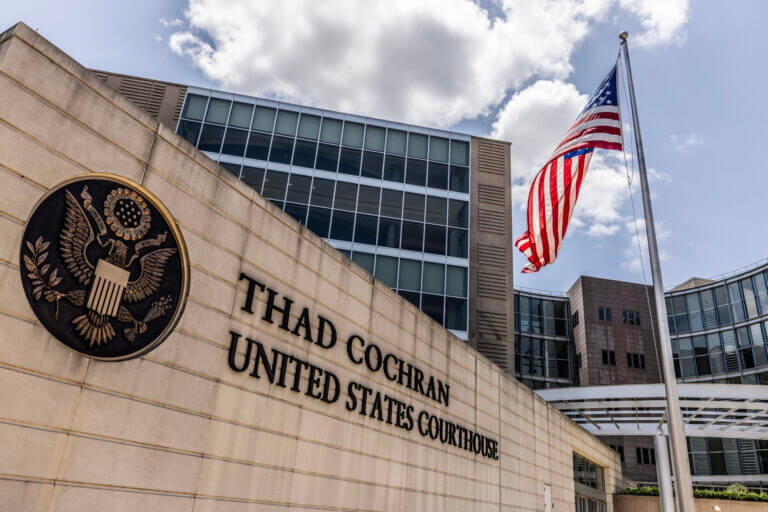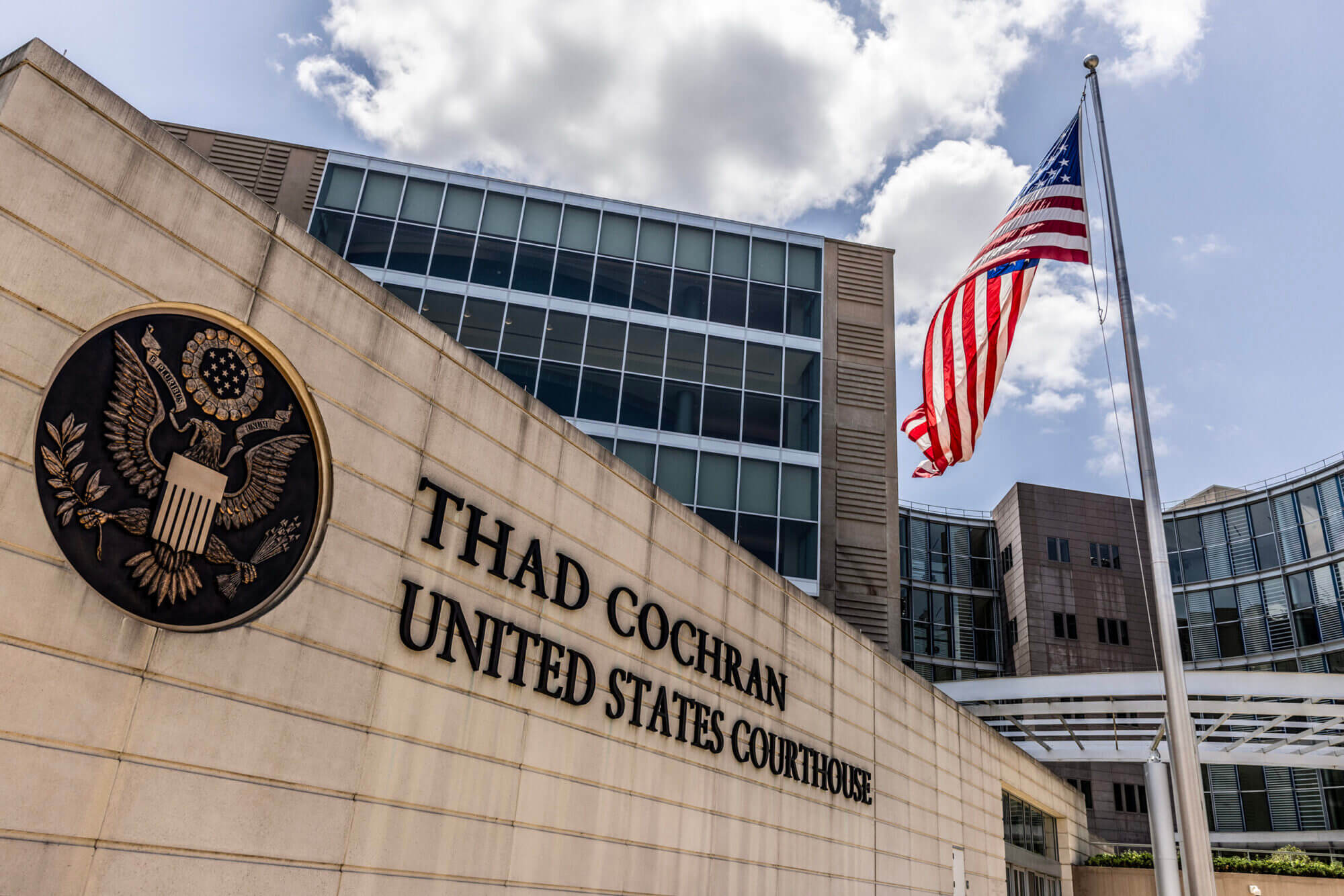

A federal judge has temporarily paused enforcement of the state law that prohibits diversity, equity and inclusion programs from Mississippi public schools and universities.
U.S. District Judge Henry Wingate on Sunday approved the request for a temporary restraining order sought by a coalition of civil rights and legal organizations on behalf of students, parents and educators.
The American Civil Liberties Union and the Mississippi Center for Justice are representing the plaintiffs, who filed the lawsuit alongside other groups on June 9 against the state’s education boards. Wingate heard arguments on June 24 from top lawyers from both organizations, as well as Special Assistant Attorney General Rex Shannon, who represented the state-agency defendants.
Shannon objected to the temporary restraining order in court and argued the plaintiffs didn’t have legal standing to file the lawsuit. He also admitted his office was limited in the arguments it could make because of the litigation’s compressed schedule.
The order is in effect for 14 days, and allows Wingate to extend it for an additional 14 days. Next, the plaintiffs plan to seek a preliminary injunction — a longer-lasting court order that would continue to freeze the state law.
The state could appeal Wingate’s decision to the U.S. 5th Circuit Court of Appeals, though it’s unclear if they will do so.
“In this Court’s eye, these accounts appear to reflect a broad, chilling effect across public institutions and community organizations,” Wingate wrote in his order, of individual reports about the impact of the bill. “The evidence, at this stage, demonstrates a clear and ongoing deprivation of constitutional rights in a manner not compensable by money damages — thus warranting injunctive relief.”
In April, legislators passed House Bill 1193, which prevents public schools from creating diversity, equity and inclusion offices, engaging in “divisive” concepts and hiring people based on their race, sex, color or national origin. The State Board of Education and the Institutions of Higher Learning recently approved policies that create a complaint and investigation process for violations to the law.
Local school boards have to create their own policies, too, which MCJ attorney Rob McDuff argued in court would be a lengthy and arduous process.
“This statute would throw our schools into chaos if it’s allowed to go forward,” he said. “As we approach the fall semester, teachers are preparing their lesson plans … people need to know that at least for the moment, enforcement of this law is going to stop while the court further considers the issues.”
Joshua Tom, ACLU of Mississippi’s legal director, said the law’s vagueness was unconstitutional.
“‘Engage’ is not defined,” he said. “How does a teacher or student ‘engage’? Do a mandatory reading? Talk about it in class? What if they go on a field trip and one of the concepts is introduced. Is that engaging? It’s not clear.”
He also noted that the statute was already making an impact — in an effort to comply with the law, the University of Mississippi withdrew its funding from Oxford’s annual Pride Parade a few weeks ago and prohibited university departments from marching in their capacity as professors, he said.
Professors and school officials have publicly criticized the bill and asked for clarification about its enforcement. One top Jackson Public Schools official submitted questions asking if celebrating Black History Month or if one of the district’s core values, “equity,” would lead to compliance violations.
Both parties will be back in federal court on August 5 to make their cases about a preliminary injunction.
- State Supreme Court considers reviving former Gov. Phil Bryant’s lawsuit against Mississippi Today over welfare scandal coverage - February 18, 2026
- Winter storm update: Mississippi still waiting on fed declaration for individual assistance, lawmakers crafting plan to fund recovery - February 18, 2026
- Shy of special session, Mississippi school choice appears dead - February 18, 2026